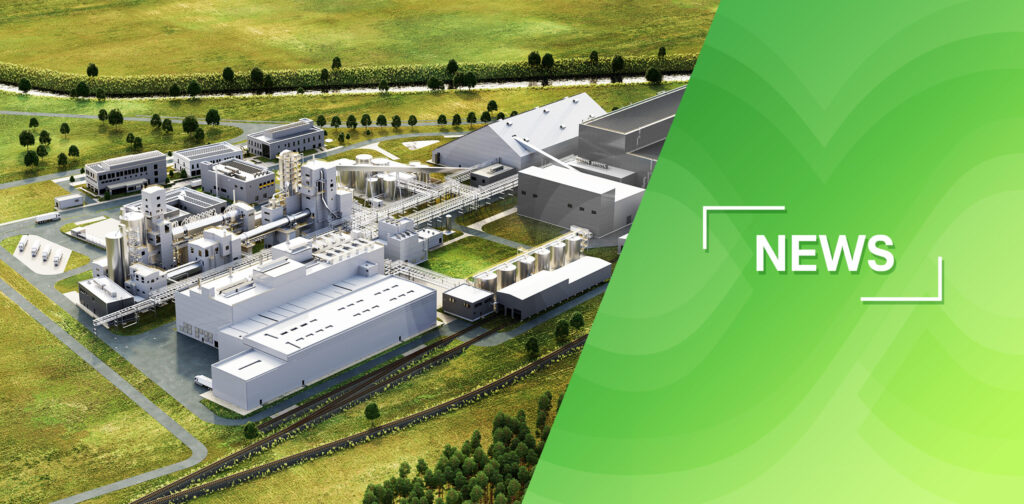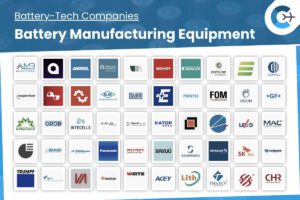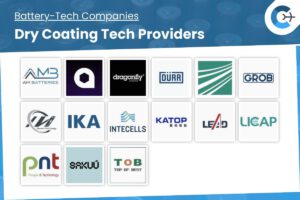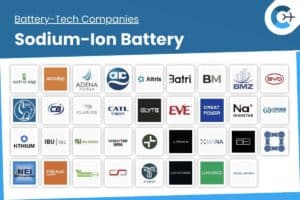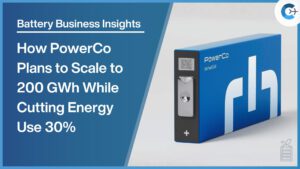Rock Tech Lithium has updated its operating expense model for the Guben Lithium Converter in Germany, projecting a 23% reduction in lithium hydroxide production costs. Based on an annual output of 24,000 tonnes, the estimate falls from approximately EUR 5,033 per tonne to EUR 3,878 per tonne, representing an annual OpEx saving of about EUR 27.7 million.
Key drivers of the cost improvements include:
- Transport and Logistics: A revised logistics concept and improved Incoterms in the spodumene supply contract are expected to cut transport expenses by EUR 11.7 million (47%), accounting for 42.2% of total savings. Updated shipping obligations reduce costs by EUR 10.4 million alone.
- Reagent Procurement: Negotiated supplier offers lower reagent costs by EUR 2.8 million, contributing 10.1% of the overall reduction.
- Fixed Costs: Streamlining annual fees, office expenses, insurance, and IT services reduces fixed costs by EUR 4.2 million, or 15.2% of the total.
- Leach Residue Reuse: A memorandum of understanding with Schwenk Zement will enable reuse of up to EUR 6.3 million worth of leach residues—around 22.7% of the projected savings—by supplying material to the cement industry.
- Additional Efficiencies: Maintenance optimizations and refined labor estimates are set to deliver an extra EUR 2.7 million in OpEx reduction.
Rock Tech is also negotiating a long-term energy supply agreement with Enertrag to mitigate rising energy costs. These improvements enhance the company’s competitiveness in a volatile market and strengthen its financing case for the Guben project.
“This significant cost reduction is a major step forward,” says Mirco Wojnarowicz, CEO of Rock Tech. “In today’s volatile market, establishing a lean and competitive project is not just beneficial—it’s essential. For our equity and debt financing partners, OpEx is one of the most critical benchmarks for project viability. By reducing our modeled costs by 23%, we are not only improving competitiveness but also significantly strengthening the financing case for Guben.”
A parallel review of capital expenditures is underway, with an updated financial model and comprehensive profitability analysis expected in the coming weeks.
About the Guben Converter: Located in Brandenburg, Germany, the facility is slated to become Europe’s first commercial lithium hydroxide refinery, producing 24,000 tonnes per year—equivalent to approximately 30 GWh of battery capacity, or batteries for around 500,000 electric vehicles annually. The plant will use advanced crystallization technology supplied by GEA and will be built under an EPCM contract with Worley. Recognized under the EU’s Critical Raw Materials Act, the project is designed to bolster Europe’s battery supply chain and is expected to create roughly 200 jobs.
Source: Rock Tech Lithium

